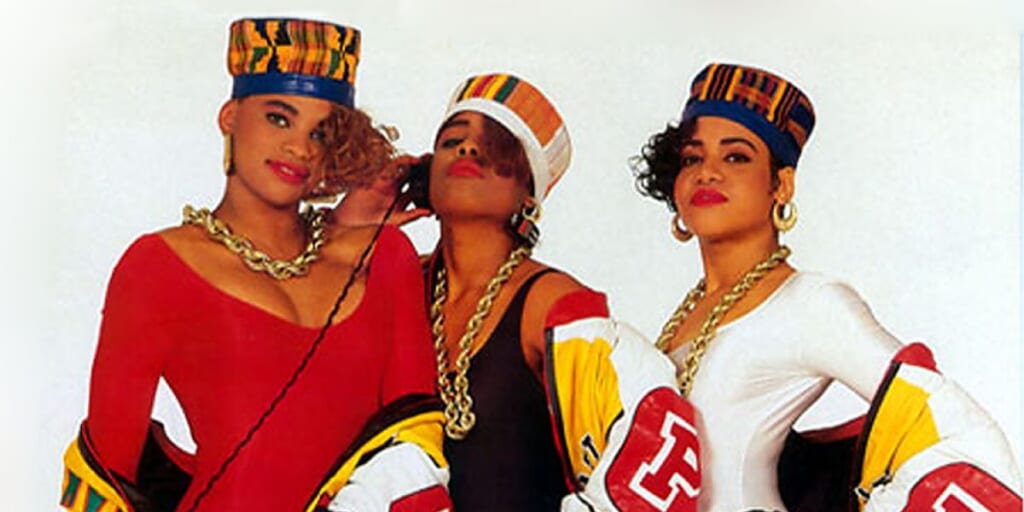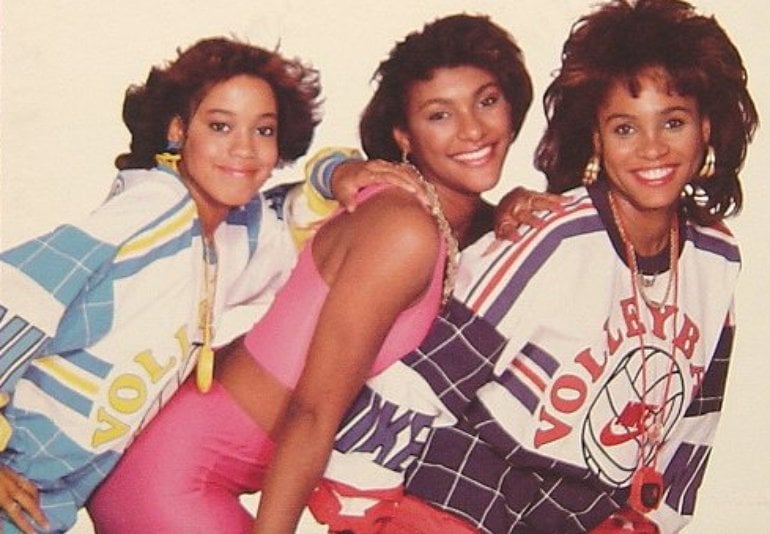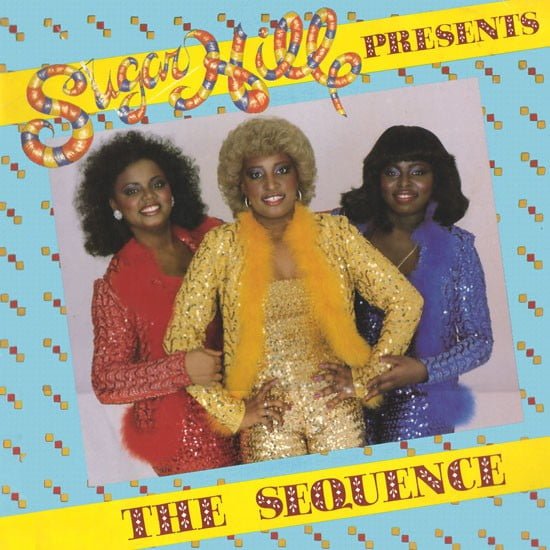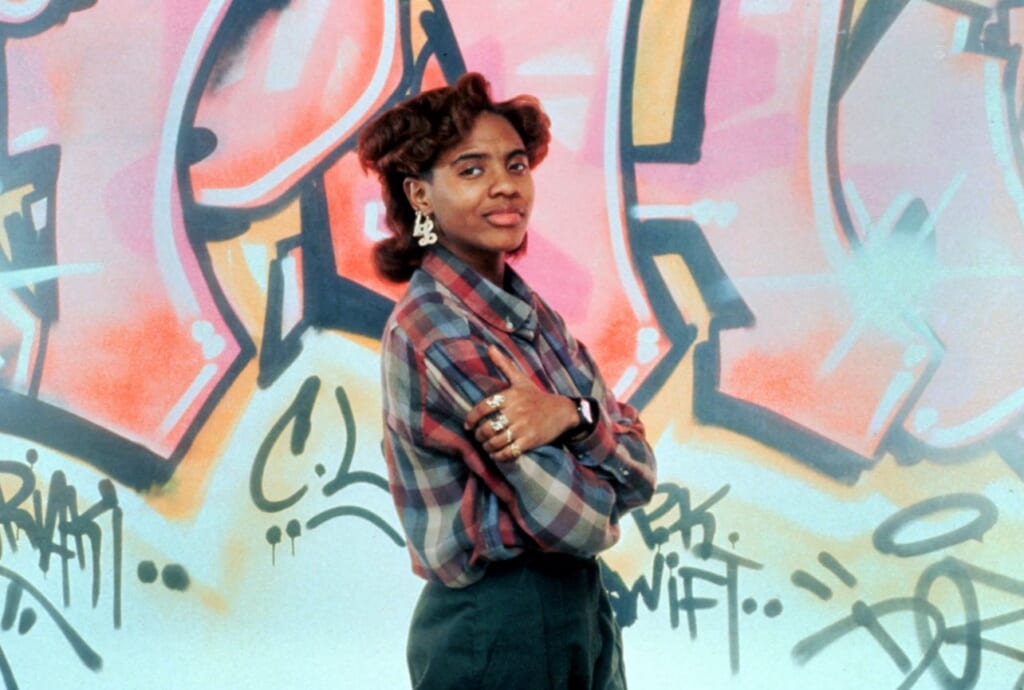All Hail the Queens: 7 female hip-hop pioneers
Did you know that singer Angie Stone used to spit bars?
Female emcees have always moved the culture forward with amazing lyrics, standout feature performances, and overall swag that has helped hip-hop grow and evolve for over 40 years.

Historically, women have always been integral to hip-hop. It was Cindy Campbell, DJ Kool Herc’s sister whose birthday inspired the infamous party at 1520 Sedgewick in the Bronx that is considered the birth of hip-hop. It was Sylvia Robinson who signed The Sugar Hill Gang to her label, Sugar Hill Records. She was the driving force behind the first two hit singles in hip-hop.
Yet, women remain marginalized in hip-hop music and culture. They are underpaid, underrepresented, and underrated at every level of the culture. It’s a painful truth not only in hip-hop, but also in the larger society in countless other industries. Still, the historical contributions of women to the culture are tremendous. Female emcees have always moved the culture forward with amazing lyrics, standout feature performances, and overall swag that has helped hip-hop grow and evolve for over 40 years.
Here is a short list of some of the pioneering women of hip-hop:
Salt-N-Pepa

The legendary trio of Salt-n-Pepa (and Spinderella) released their first album Hot, Cool, and Vicious in December of 1986. The album spawned the monster, Grammy-nominated hit, “Push It” which propelled the album to platinum status–the first by a female rap act. Cheryl “Salt” James, Sandy “Pepa” Denton, and Deidra “DJ Spinderella” Roper became known for developing their own brand of hip-hop feminism by writing lyrics that embraced female sexuality (“Let’s Talk about Sex”, “Whatta Man”, “Shoop”) as well as setting trends with their hairstyles, wardrobe styling, and dance-driven music videos.
Oaktown’s 357

Starting their career as background dancers for MC Hammer, Oaktown’s 357 released timeless classics in the late 80s with the hit singles, “Juicy Gotcha Krazy,” and “Yeah, Yeah, Yeah” both Billboard Top Ten hits. While the group struggled through member changes, at their core, Suhayla “Sweet LD” Sabir, Phyllis “Lil P” Charles, and Tabatha “Terrible Tee” King remain the foundational members and have recently reunited and are planning to tour.
JJ Fad

In the Grammy-Award Winning Best Music Film, The Defiant Ones, Dr. Dre acknowledges that proceeds from the sale of “Supersonic” were instrumental in the promotion of N.W.A.’s landmark hip-hop album, Straight Outta Compton. The group featured a rotating cast in Juana Burns (MC J.B.), Dania Birks (Baby D), Michelle Franklin-Ferrens (Sassy C), Anna Cash (Lady Anna), Fatima Shaheed (O.G. Rocker) and Juanita Lee (Crazy J). “Supersonic” reached #10 on Billboard’s Hot Dance/Club Play Songs in 1988. The song is a pop culture known for its incredible high-speed delivery that was copied (with credit following a lawsuit) by will.i.am who produced “Fergalicious” by Fergie powering her album, The Dutchess, to 4x platinum.
The Sequence

Signed to Sugar Hill Records in the late-70s, The Sequence released the first rap single by a female group with “Funk You Up,” in 1979. A hip-hop/funk act who met in high school as cheerleaders in Columbia, SC, the group featured Cheryl Cook (Cheryl The Pearl), Gwendolyn Chisolm (Blondy) and Angie Brown Stone (Angie B). Stone went on to become a neo-soul icon, producer, and actress with four top 10 albums.
MC Lyte

The 1988 release of Lyte As A Rock marked the beginning of the solo female emcee. MC Lyte had lyrical prowess and rocked over production by Prince Paul and Audio Two. In 1993, her single “Roughneck” became the first Grammy-nominated song for Best Rap Single. Through the years, and with her iconic voice, MC Lyte would become one of rap’s first feminists, a legendary voice-over artist, and actress. Born Lana Michelle Moorer, Lyte is a public speaker and philanthropist. She also served as the first African-American woman President of the Los Angeles Chapter of The Recording Academy from 2011-2013.
Queen Latifah

Hip-Hop most successful female artist remains Queen Latifah. Born Dana Elaine Owens in Newark, NJ, Latifah has been a Grammy Award winning rapper, Golden Globe nominated, Oscar nominated,, and Emmy Award winning actress, a talk show host, product spokesperson and more. Her early career as part of the hip-hop collective Native Tongues gave birth to hit singles “U.N.I.T.Y.”, “Buddy,” and “Ladies First.” Queen Latifah rapped about controversial topics in her lyrics while still dominating the microphone and remains an influential force in entertainment. Her film and management company, Flavor Unit, with Shakim Compere has produced over 15 films and influenced the early careers of dozens of rap artists. She is currently working on two documentaries for Lifetime. One is a documentary about female hip-hop pioneers called here Did the Women of Hip Hop Go? and the other is a one-hour special about remaking her 1993 hit “U.N.I.T.Y.”
Roxanne Shante

“I gave birth to most of them M.C.’s…so when it comes around to the month of May. Send me your royalty check for Mother’s Day.” -Roxanne Shante, “Have a Nice Day”
One of hip-hop’s first female battle rappers, Roxanne Shante was only 14 years old when she recorded her biggest single, “Roxanne’s Revenge.” The song was an answer to the U.T.F.O. hit, “Roxanne, Roxanne.” Shante was barely a teenager when she jumped headfirst into the fray between Queens and the South Bronx for the title of the home of hip-hop. She released two battle records versus Sparky D in the mid-80s and later dissed by KRS-One on the iconic, “The Bridge is Over.” The dramatized film about the life of Lolita Shante’ Gooden AKA Roxanne Shante’, Roxanne, Roxanne produced by Forrest Whitaker and Pharrell Williams debuts March 23rd on Netflix.
Lil Kim, Missy Elliott, Nicki Minaj, Rapsody, Cardi B., and dozens and dozens of others have left an indelible mark on hip-hop culture. In fact, industry experts are placing large bets on female emcees like Kash Doll, Neisha Neshae, and more in 2018 as women continue to demonstrate that they can more than hold their own and grow fully engaged fanbases. What a time to be alive. For hip-hop, the future really IS female.
Biba Adams is a Detroit-based hip-hop writer and scholar. Her work has been featured on Revolt, The Root, Ebony Magazine, and more. She was recently named one of AllHipHop’s Powerful Women for her work in founding The Detroit Hip Hop Organization, a non-profit organization dedicated to preserving, promoting, and protecting the legacy of Detroit Hip Hop. Find her on social media @BibatheDiva.
More About:Entertainment News







